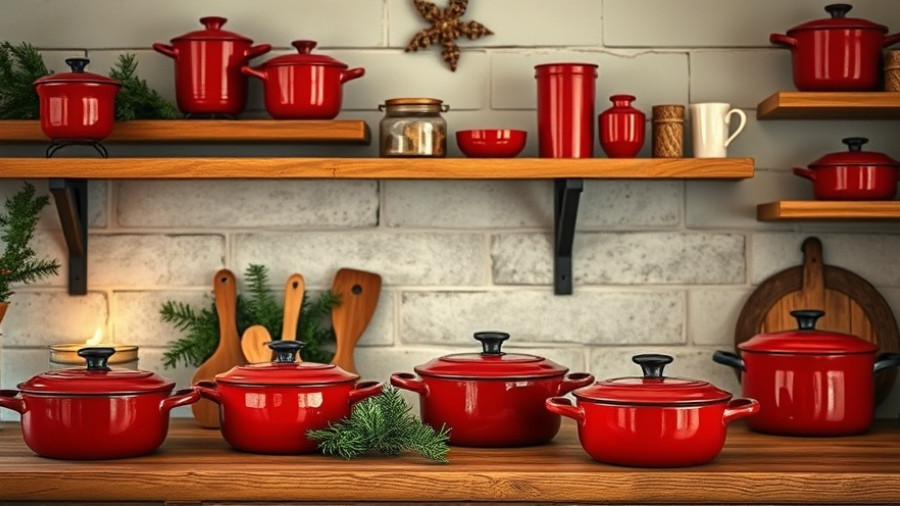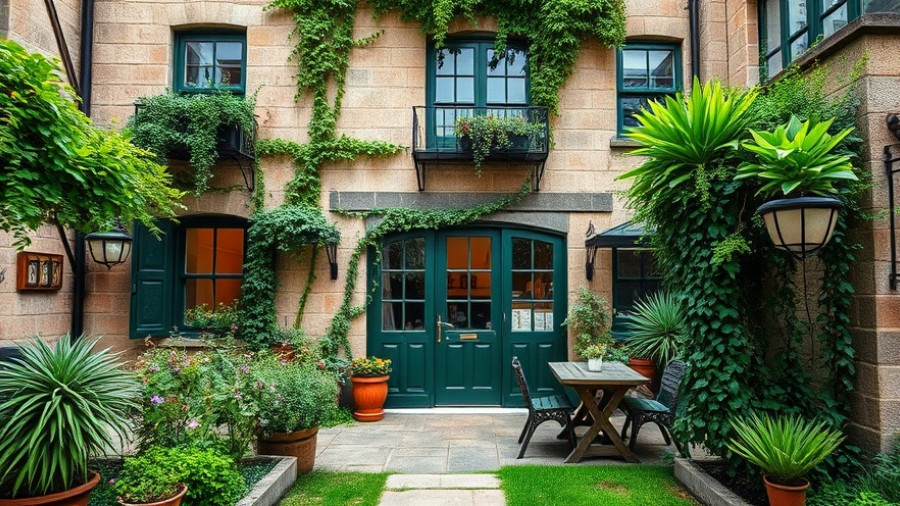
Understanding Property Factors: The Basics
If you're considering buying a flat in Scotland, particularly one in a tenement or modern apartment block, you’ve likely heard about property factors. A property factor, sometimes referred to as a factor or property management company, plays a key role in the maintenance and repair of shared areas within a residential building. In Scotland, this role is especially significant, ensuring that common spaces such as stairwells, roofs, and gardens are well-kept. But what exactly does a property factor do, and do you need one?
What Role Does a Property Factor Play?
A property factor is primarily responsible for managing the upkeep of communal spaces—everything from taking care of communal gardens and lifts to ensuring the maintenance of external walls. Here’s a breakdown of their core responsibilities:
- Routine Maintenance: Regular tasks include cleaning communal areas, landscaping, and general upkeep of shared facilities.
- Repairs Management: If any repairs arise—like a broken lift or a roof leak—the property factor coordinates with contractors to manage timely fixes.
- Emergency Services: In urgent situations, such as burst pipes, they are the first point of contact to handle repairs.
- Budgeting and Billing: They also manage shared financial responsibilities, issuing invoices to homeowners and keeping track of payments.
- Insurance Management: Many property factors arrange common insurance policies, providing peace of mind for all owners.
Regulatory Framework in Scotland
In Scotland, property factors are not just casual help—they are governed under specific legislation. The Property Factors (Scotland) Act 2011 mandates that all property factors must register with the Scottish Government and follow a strict Code of Conduct. This regulatory framework includes an obligation to:
- Be transparent about fees and services
- Maintain clear communication with property owners
- Act fairly in their engagements
If issues arise, homeowners can escalate complaints to the First-tier Tribunal for Scotland, ensuring there’s a reliable oversight mechanism in place.
Do You Need a Property Factor?
Whether or not you are required to use a property factor largely depends on your title deeds. Many deeds specify a particular factor or provide guidelines for appointing one. If there's a factor in place, it’s often convenient to stick with them if good service is being provided. However, homeowners can sometimes switch factors or manage maintenance among themselves, assuming there is majority agreement among all property owners in the building.
Understanding Fees and Costs
The cost of engaging a property factor can vary significantly based on the services provided and the complexity of the property. Typically, owners will pay a recurring fee on a quarterly or annual basis, alongside additional charges for specific repairs or improvements. Legally, property factors must provide a detailed breakdown of these charges, promoting transparency in financial dealings.
The Value of a Good Property Factor
Choosing the right property factor can make a tremendous difference in the day-to-day management of your home. A reliable factor removes the stress of coordinating maintenance and repair tasks, allowing you to focus on enjoying your property instead. Check reviews, ask for recommendations, and thoroughly understand your title deeds before hiring a factor, ensuring you make an informed decision.
In summary, a property factor plays a critical role in maintaining shared spaces and ensuring the well-being of a community. As a potential homeowner, understanding these roles and responsibilities is vital to navigating your property journey successfully.
If you are looking for support in managing your property investment or seeking more clarity on property factors in Dumfries, we invite you to reach out. Understanding how property management works can empower you to make informed decisions and enhance your investment strategy.
 Add Row
Add Row  Add
Add 





Write A Comment